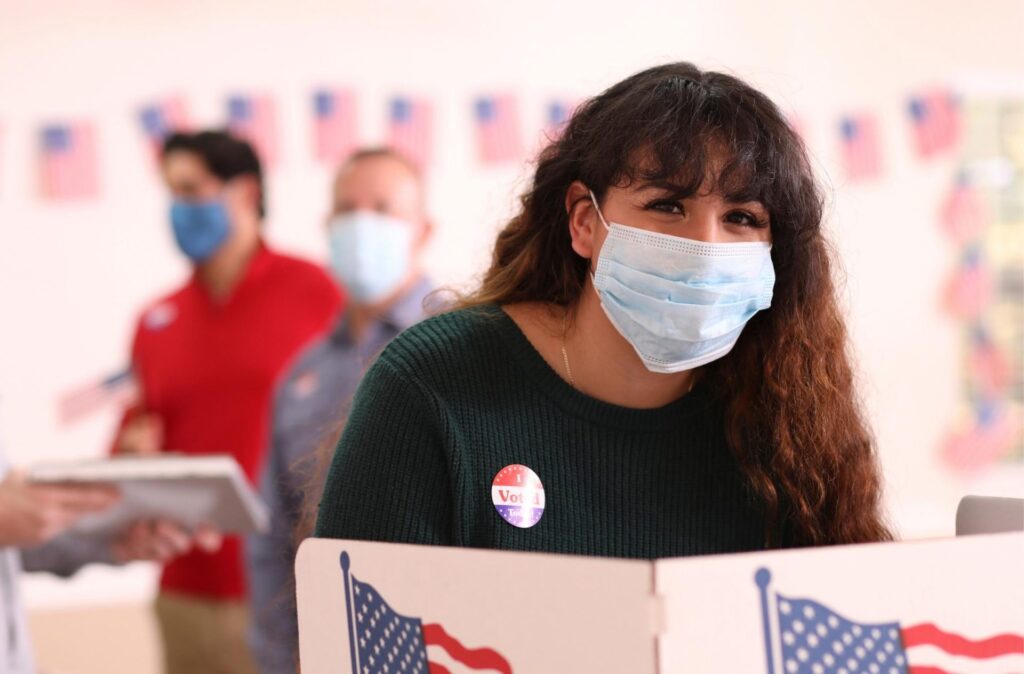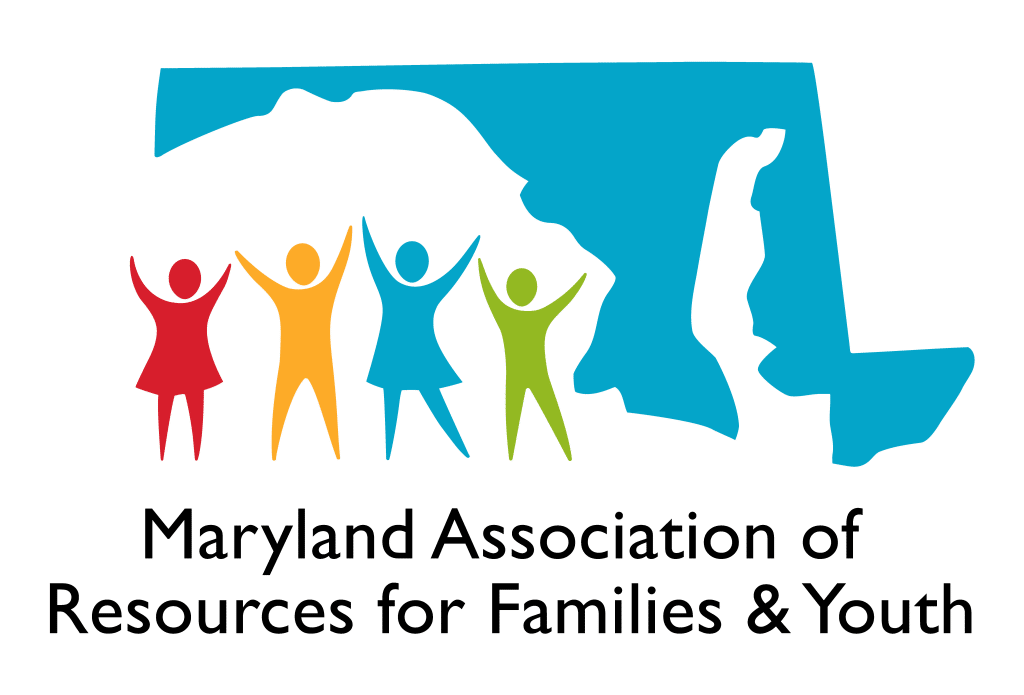 Reimbursement Policy
Reimbursement Policy
An organization’s policy should be to reimburse employees and volunteers for necessary and reasonable travel expenses incurred for authorized business. The intent of the policy should be that reimbursement is fair and equitable to both the traveler and the organization and consistent with federal regulations. Individuals traveling on business are responsible for complying with travel policies of the organization and should exercise the same care in incurring expenses as they would in personal travel.
For instance, nonprofit’s reimbursement policies often include provisions such as the following:
- Approval Authority – Authority and responsibility for approving travel by employees and volunteers of the organization rests with the person responsible for the account/activity to which the expense is to be charged.
- Economical Transportation Required – To be fully reimbursed by the organization, the traveler must use the most economical mode of transportation available, consistent with the authorized purpose of the trip.
- Private Automobile
- Expenses Allowed – The organization should pay a standard rate per mile for official travel by private automobile based on the actual driving distance by the most direct route. Organizations can use the mileage listed on Google Maps or other similar web tools as a guide to determine the mileage.
- Standard Mileage Allowance – The standard mileage allowance is in lieu of all actual automobile expenses such as fuel and lubrication, towing charges, physical damage to the vehicle, repairs, replacements, tires, depreciation, insurance, etc. The 2018 IRS Standard Mileage Rate is 0.545 cents per mile.
- Automobile-related Expenses – In addition to the standard mileage allowance, necessary and reasonable charges for the following automobile-related expenses are allowed: tolls, ferries, parking, bridges, and tunnels. Traffic ticket and parking ticket expenses should not be reimbursed.
- Airline Travel
- Lowest Available Airfare – Employees and volunteers traveling on business should travel at the lowest available airfare to accommodate the purpose of the business trip.
- Meals and Lodging
The traveler may be reimbursed for the actual costs of reasonable and necessary meals, lodging, and gratuities. Reimbursement of meals when there is no overnight travel should be paid by the organization only when the meal has a defined business purpose.
For access to our resources on budgeting, financial policies, personnel policies, and risk management and other resources, join Maryland Nonprofits today!
From the Standards for Excellence®: An Ethics and Accountability Code for the Nonprofit Sector. The Standards for Excellence code, developed by the Standards for Excellence Institute, includes specific benchmarks and measures that provide a structured approach to building capacity, accountability, and sustainability in your nonprofit organization. The code identifies 6 major areas of nonprofit governance and management: Mission, Strategy, and Evaluation; Leadership: Board, Staff, and Volunteers; Legal Compliance and Ethics; Finance and Operations; Resource Development and Fundraising; and Public Awareness, Engagement and Advocacy.
The Standards for Excellence® Institute, a program of Maryland Nonprofits, provides the best possible resources to nonprofits nationwide, helping build their capacity to effectively and efficiently meet the needs of their communities. Members of Maryland Nonprofits gain access to an online community with an expansive library of resources and customizable templates. Membership with Maryland Nonprofits is designed to help you raise more money, develop your board, build relationships, learn, save on the things you need to run your organization, and amplify your voice in Annapolis. Join today.





